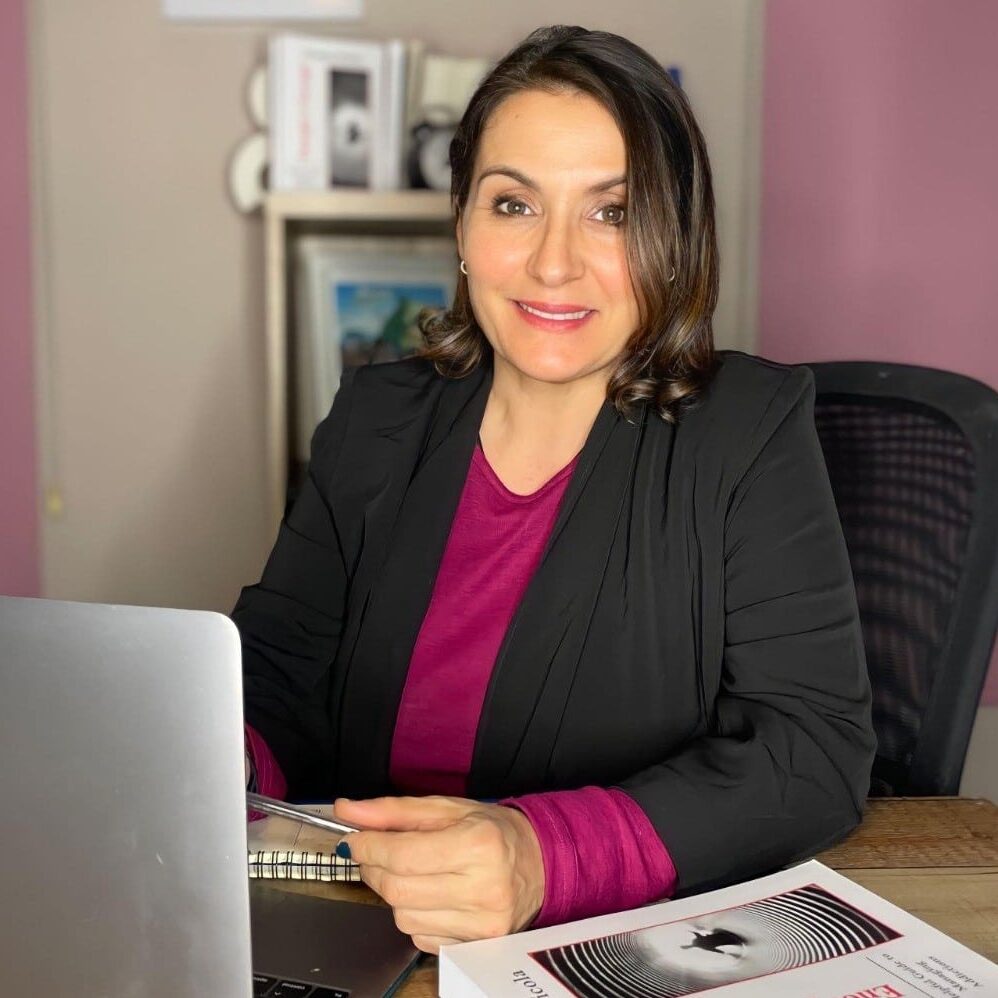The underrated skill that saved our relationship
It started with silence. Not the comforting kind that settles in after a long day, but the loaded, tense kind – the silence that fills the space between two people who no longer know how to talk to each other. After eight years together, Ella and Mark had stopped hearing one another. They weren’t fighting. They just… weren’t connecting.
One day, Ella came across a video titled Learning How to Listen Is a Skill That Is Absolutely Unbeatable. It wasn’t dramatic or overly emotional. It simply explained something she’d never really thought about: that listening, true listening, is an active skill – one that can shape the emotional climate of any relationship. That night, she sent the video to Mark.
It turned out to be the moment that shifted everything.
Listening isn’t passive – it’s intentional
We often assume we’re listening just because we’re not talking. But what Ella and Mark learned is that listening means showing up – mentally, emotionally and without an agenda. It means being willing to hear not just the words, but the intentions, the fears and the needs behind them.
In their relationship, Mark often felt like Ella didn’t take his stress at work seriously. Ella, on the other hand, thought Mark was emotionally distant. What they realised was that both were speaking – but no one was truly listening.
Why listening works
Psychological research shows that for a relationship to thrive, there needs to be a high ratio of positive to negative interactions – about 5:1, in fact. But if those interactions are one-sided or artificial, even a high number isn’t enough.
Ella began applying a simple technique from the video and article: she started observing when Mark did open up, even a little – and acknowledged it. “Thanks for telling me that. I didn’t know you felt that way,” she’d say. Mark did the same when Ella shared her worries. Slowly, they began to reinforce the kind of openness they both craved.
The power of mutual effort
Children, as researchers have noted, instinctively test for reciprocity through play. They build trust through small, increasingly complex exchanges. Adults are no different. The moment one person stops meeting the other halfway, trust begins to fray.
Ella and Mark made a pact. They would take turns being the listener. This alone changed the atmosphere in their home. Arguments turned into discussions. Defensiveness faded. Even their kids noticed.
Praise with purpose
Using positive reinforcement – honest, specific praise for actions they wanted to see more of – helped them reshape the emotional habits of their marriage. That kind of feedback, done with care, doesn’t just reward good behaviour. It affirms the deeper values of love, respect and effort.
Listening as a lifestyle
Listening isn’t a one-time fix. It’s a way of being. It requires humility, patience and sometimes a willingness to set ego aside. But as Ella and Mark learned, it’s also the most disarming and powerful gift we can offer – to a partner, a child, a friend, or even a stranger.
And the best part? You don’t have to be perfect at it. You just have to want to try.
In a world full of noise, learning how to truly listen is like discovering a secret language – one that bypasses defensiveness, heals old wounds, and brings people closer than words ever could on their own.
For Ella and Mark, listening wasn’t just a skill. It was the bridge that brought them back to each other.
As Ella and Mark became more intentional in how they listened to each other, those around them began to feel the difference too. Their children, once prone to tantrums and sullen silences, started opening up more during dinner. When their youngest came home crying after being left out at school, Ella didn’t rush to reassure her or fix the problem. She just sat beside her and said, “Tell me everything.” By the end, she wasn’t looking for solutions – she just needed to feel heard. That small shift, repeated over time, built an atmosphere where emotions weren’t “problems” but invitations to connect.
In a culture saturated with opinion and performance, Ella and Mark had become rare: people who could hold space without judgment – and that made them magnetic.






Click here to change your cookie preferences